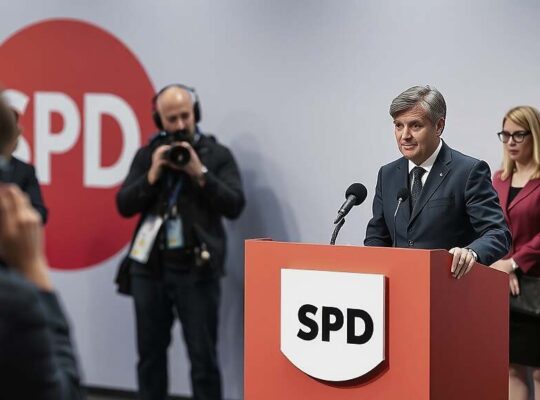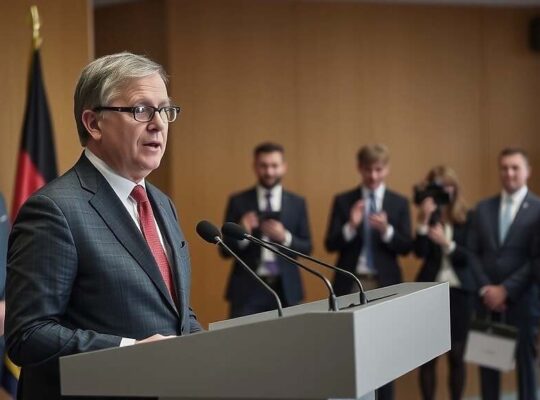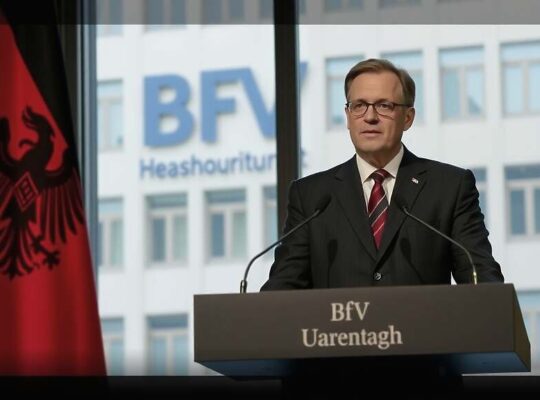The parliamentary hearing on Health Minister Nina Warken’s austerity package, scheduled for Monday, has been preceded by a stark warning from health insurance funds (GKV) demanding further cuts to both the pharmaceutical industry and physician reimbursements. Oliver Blatt, Chairman of the GKV-Spitzenverband, cautioned in an interview with the “Neue Osnabrücker Zeitung” that failure to implement additional savings measures would likely push average supplemental insurance contributions above three percent next year, placing a substantial burden on both policyholders and employers already grappling with economic headwinds.
Blatt characterized the current austerity package – fiercely opposed by hospital associations – as insufficient, stressing the need for a more “ambitious, large-scale savings package” by year-end to stabilize contribution rates. He argued that all major stakeholders must share the responsibility for cost containment. Specifically, he advocated for “serious savings contributions” from both pharmaceutical companies and independent physicians.
The GKV-Spitzenverband has particularly targeted physician payments, citing subsidies for appointment scheduling that have not yielded improvements in wait times and accusing the medical profession of “faulty dual financing”. Blatt estimated potential savings of at least €400 million through reforms in this area. He also proposed a legally mandated increase in manufacturer rebates – a “short-term solidarity measure” – which he believes could generate over €1 billion in savings. Blatt argued that the pharmaceutical industry has disproportionately benefited from the contribution-funded system, particularly with regard to novel pharmaceuticals, demanding stricter cost controls to curb rapidly escalating drug prices.
Minister Warken’s austerity package, already approved by the cabinet and slated for parliamentary approval on Thursday, totals €2 billion. Hospitals face the largest contribution, accounting for €1.8 billion, prompting warnings of potential closures and a wave of hospital insolvencies.
Dismissing hospital complaints regarding their contribution, Blatt defended the rationale, pointing out the projected additional €500 million monthly income for hospitals next year. He acknowledged that while no hospital would experience reductions, the planned measures would curtail the growth of their income, eliminating an “unfairly advantageous” clause that has historically generated unwarranted additional revenue. The debate highlights a significant political pressure point as the government attempts to balance budgetary constraints with the political fallout from potentially destabilizing cuts to key healthcare providers.












